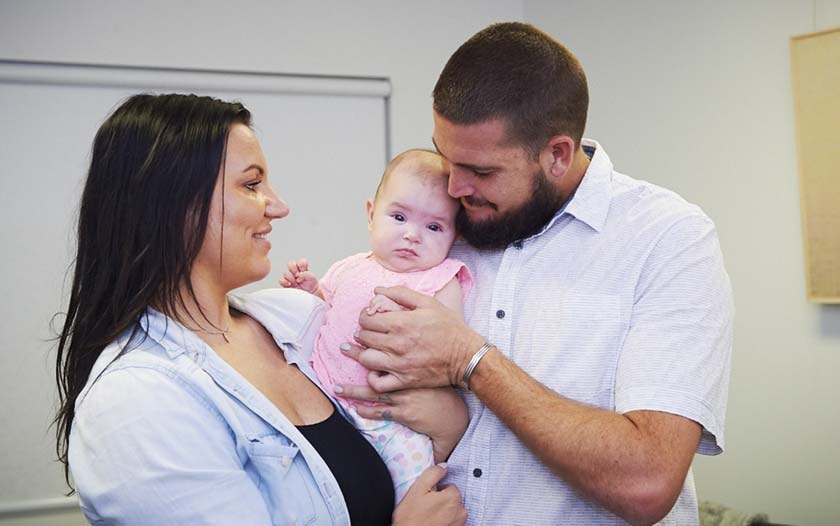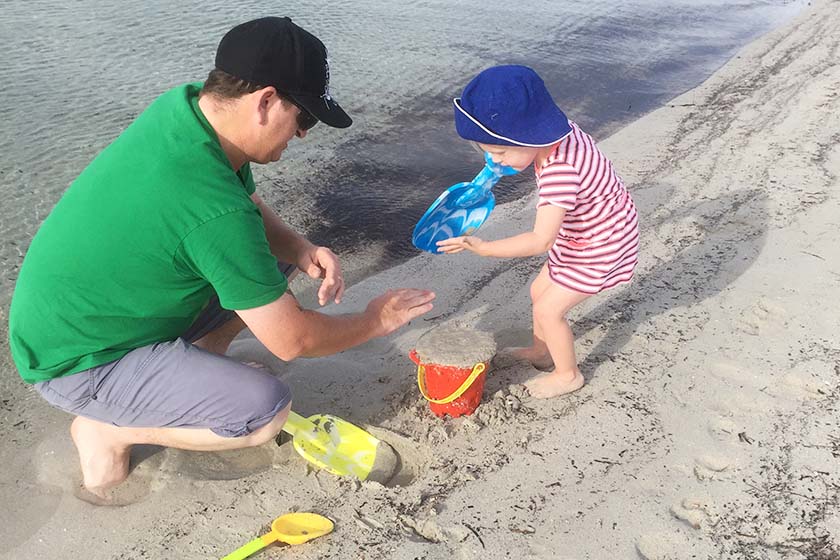National Coordinator Raphael Services, Anthony Harrington, shares some advice on how you can support your partner if they are showing signs of anxiety or depression.
Know the signs and symptoms
If you notice that your partner is not acting like their usual self or is experiencing significant changes in sleeping and eating habits, this could be a sign that they are experiencing perinatal anxiety and depression.
The symptoms of anxiety and depression are often the same in women and men. Your partner may experience these during pregnancy, or at any point in the 12 months after your baby is born.
Symptoms of perinatal anxiety include, but are not limited to:
- worry or fear that interrupts thoughts and gets in the way of daily tasks
- panic attacks (a racing heart, palpitations, shortness of breath, shaking or feeling physically ‘detached’ from your surroundings)
- feeling restless or irritable
- feeling overwhelmed
- trouble falling or staying asleep which is unrelated to baby’s needs
Symptoms of perinatal depression include, but are not limited to:
- consistently low mood, feeling numb or feeling negative
- feeling like a failure, helpless, guilty or sad
- feeling mentally or physically unable to cope
- constant crying or feeling teary
- loss of interest in activities that would normally be enjoyed
- withdrawing from family and friends
Offer practical support
All new parents need practical help and support, especially parents who are experiencing postnatal depression.
Remember, taking care of a baby is a shared job and helping each other out will ensure your family can thrive.
Here are a few practical ways to help your partner during this time:
- Accept help from family and friends. You can also let people know that your family needs extra support right now and suggest what they can do to help.
- Take more control of household chores if your partner is physically exhausted such as doing the laundry or cooking meals.
- If your partner is feeling overwhelmed, take the baby out for a walk so they can have some alone time.
- Don’t offer unwanted advice, listen and let your partner open-up about how they are feeling. Try to be gentle and encouraging.
- Help to maintain connection with family and friends, even if it is limited to phone and video calls due to COVID-19.
- Look after your own physical and mental health, this will help you to be the best support for your partner.










